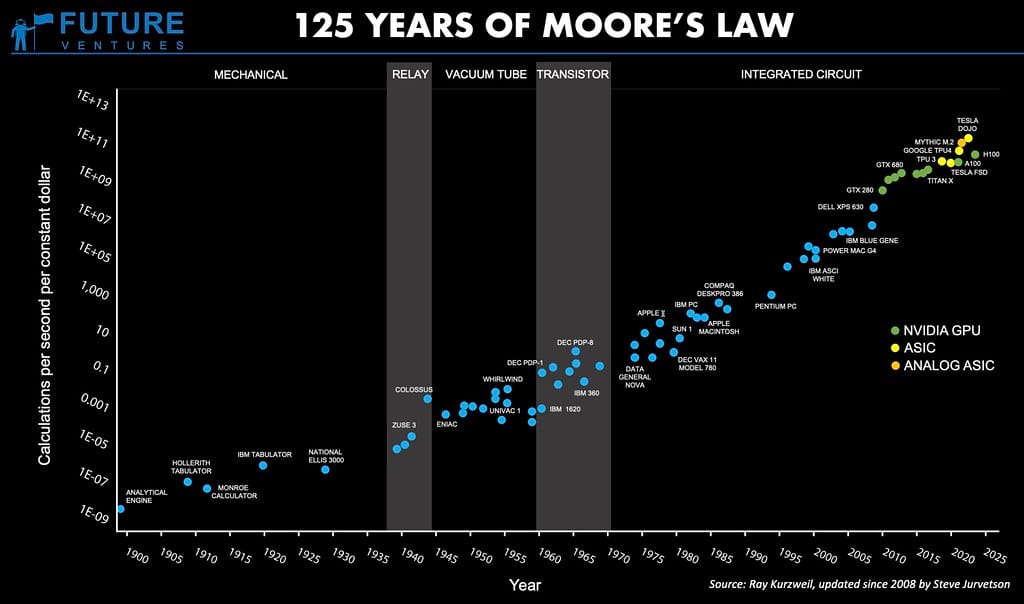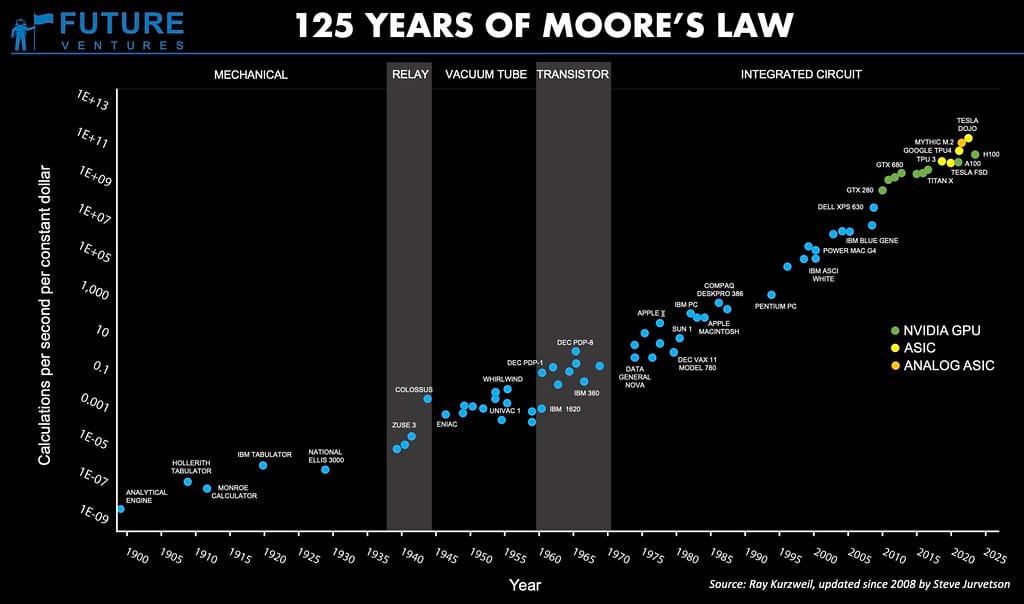Texas Instruments Commits $60 Billion to Reshape America's Semiconductor Future
The chip giant's massive investment signals a new era of domestic manufacturing and supply chain resilience in the wake of global shortages.
Texas Instruments (TI) has announced a groundbreaking $60 billion investment to dramatically expand semiconductor manufacturing on American soil, marking one of the largest industrial commitments in recent U.S. history. This massive financial pledge represents far more than a business expansion—it's a strategic move that could fundamentally reshape America's position in the global semiconductor supply chain.
A Historic Investment in American Manufacturing
The Dallas-based semiconductor giant plans to deploy this unprecedented investment over the next decade, focusing primarily on building new fabrication facilities and expanding existing operations across multiple U.S. locations. This commitment dwarfs many other recent manufacturing announcements and positions TI as a leader in the domestic semiconductor renaissance.
The investment comes at a critical juncture for American industry. The COVID-19 pandemic exposed dangerous vulnerabilities in global supply chains, with semiconductor shortages rippling through industries from automotive to consumer electronics. These disruptions cost the U.S. economy hundreds of billions of dollars and highlighted the strategic importance of domestic chip production.
Strategic Locations and Infrastructure Development
TI's expansion strategy centers on several key locations, with significant investments planned for Texas, Utah, and other states with established semiconductor ecosystems. The company's flagship facility in Sherman, Texas, represents a cornerstone of this expansion, with plans to eventually house up to four fabrication plants on a single campus.
These new facilities will focus on producing analog and embedded processing semiconductors—the workhorses of modern electronics that power everything from smartphones to electric vehicles. Unlike cutting-edge processor chips that require the most advanced manufacturing techniques, these semiconductors can be produced using more mature technologies, making them ideal for large-scale domestic production.
Economic Impact and Job Creation
The economic implications of TI's investment extend far beyond the company itself. Industry analysts estimate that the expansion could create tens of thousands of direct jobs and support hundreds of thousands of additional positions across the broader supply chain ecosystem.
These aren't just any jobs—they represent high-skilled, well-paying positions that can anchor entire regional economies. Semiconductor manufacturing roles typically offer salaries well above national averages, and the presence of major fabrication facilities often attracts supporting industries and educational institutions that further strengthen local economies.
Addressing National Security Concerns
Beyond economic benefits, TI's domestic expansion addresses growing national security concerns about semiconductor supply chains. As tensions with China continue to influence global trade patterns, having robust domestic production capabilities for critical components has become a strategic imperative.
The Biden administration's CHIPS and Science Act, which provides substantial incentives for domestic semiconductor manufacturing, has created a favorable environment for investments like TI's. This legislation recognizes that semiconductors are as crucial to national security as they are to economic competitiveness.
Challenges and Market Dynamics
Despite the promising outlook, TI's ambitious expansion faces significant challenges. The semiconductor industry is notoriously cyclical, with periods of high demand followed by overcapacity concerns. The company must carefully balance production capacity with market demand while navigating an increasingly complex geopolitical landscape.
Additionally, the semiconductor industry faces persistent talent shortages. Successfully executing a $60 billion expansion will require thousands of highly skilled engineers, technicians, and manufacturing specialists—a workforce that must be developed through partnerships with universities and training programs.
Looking Ahead: A New Chapter for American Manufacturing
Texas Instruments' $60 billion commitment represents more than just corporate expansion—it's a bet on America's industrial future. As the company works to bring this ambitious plan to fruition, it joins other major players like Intel, TSMC, and Samsung in reshaping the global semiconductor landscape.
This investment could prove transformative for American manufacturing competitiveness, supply chain resilience, and technological sovereignty. However, its ultimate success will depend on continued policy support, workforce development, and the company's ability to execute one of the most ambitious manufacturing expansions in recent memory.
The stakes couldn't be higher, but if successful, TI's investment could help ensure that America remains at the forefront of the technologies that will define the next century of innovation.

